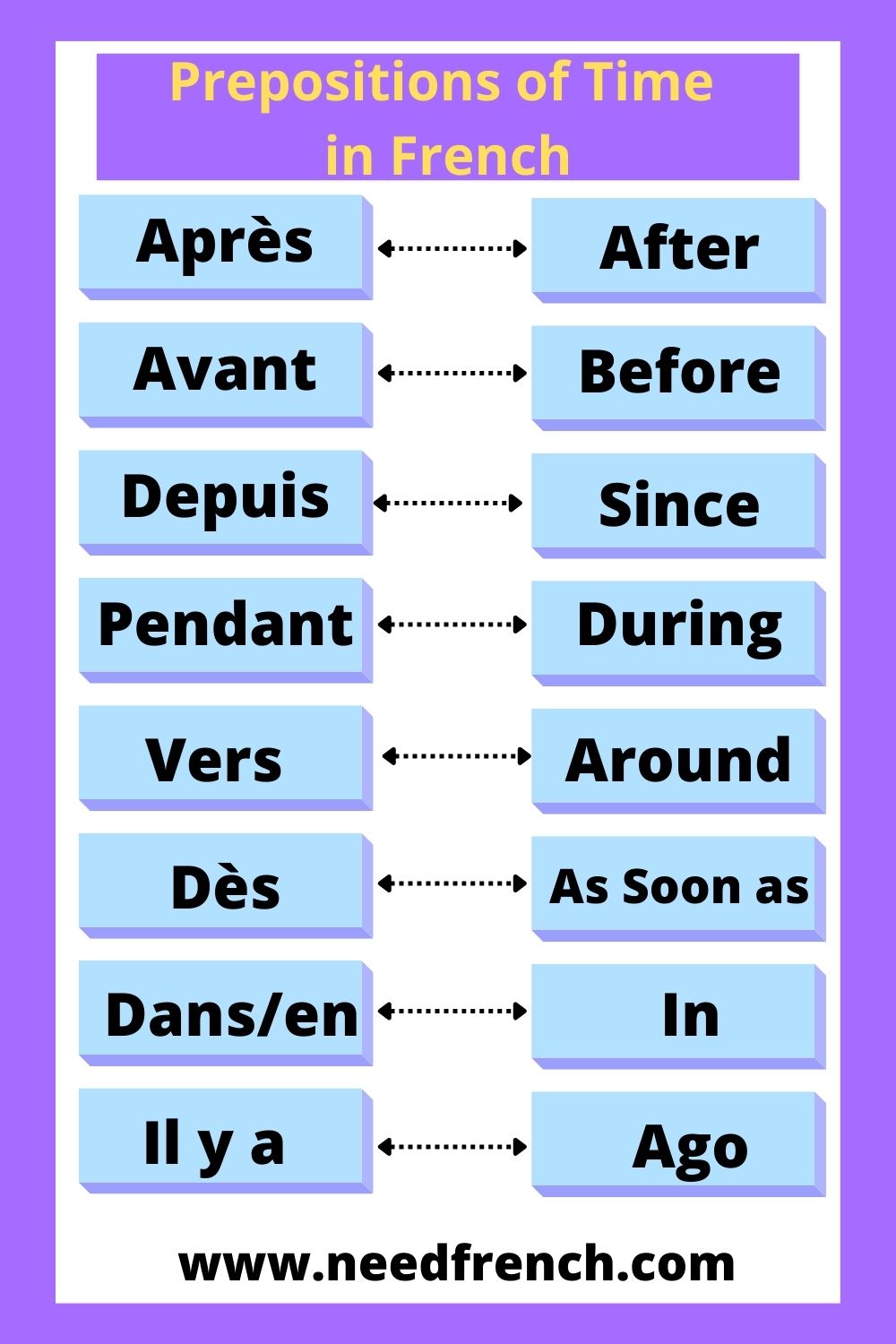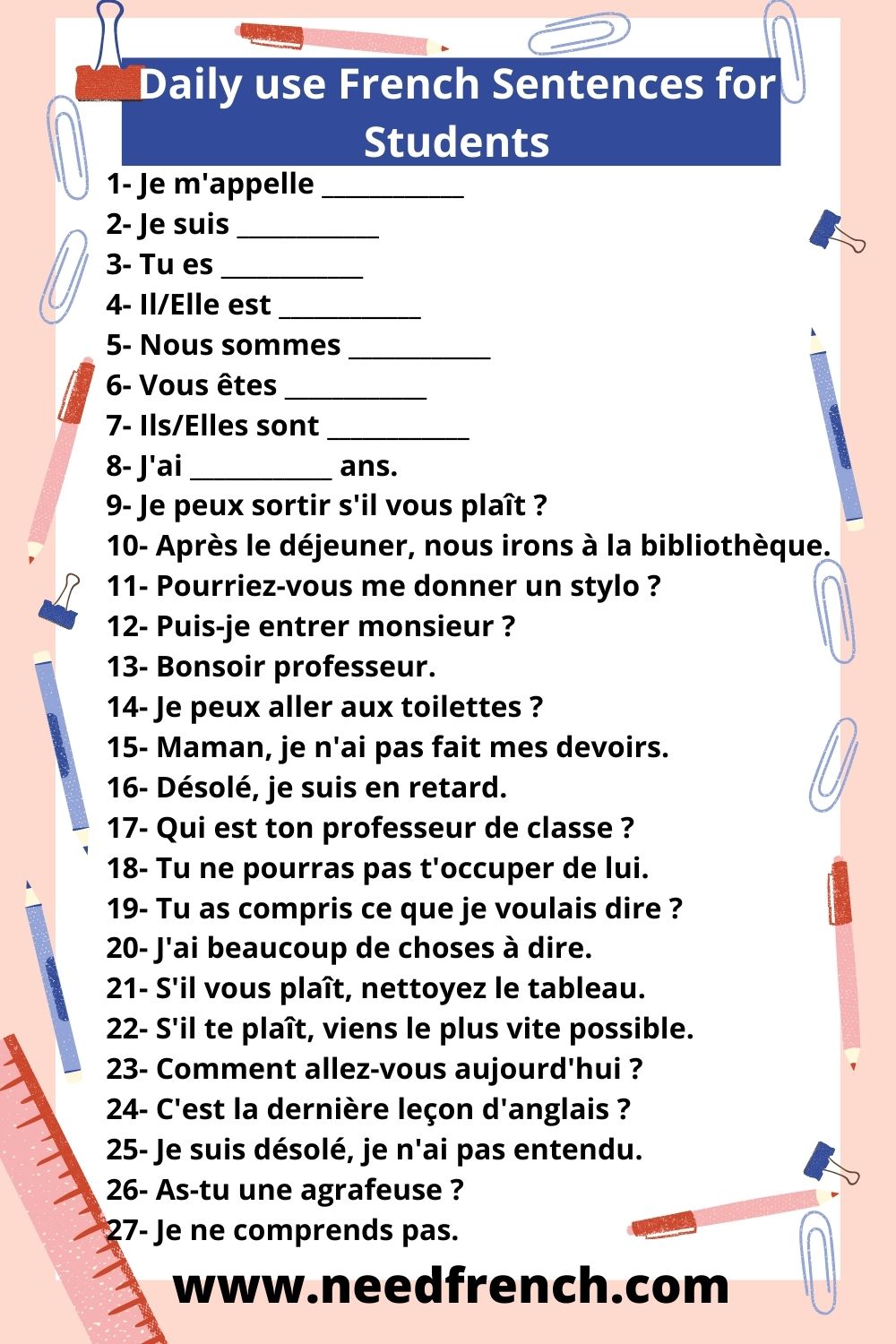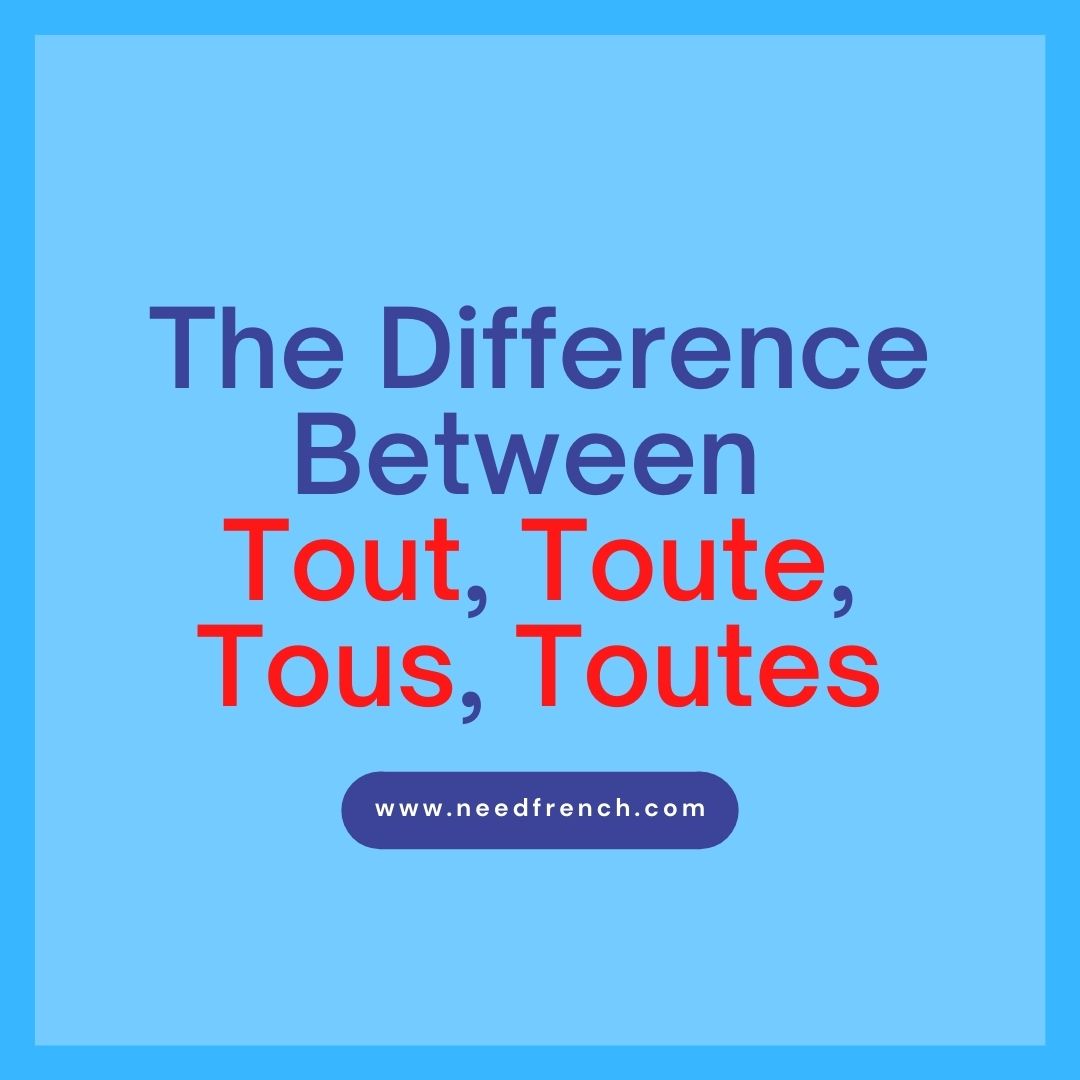In French, there are two verbs that both mean “to remember” – “se souvenir” and “se rappeler.” While they are similar, there is an important difference in how they are used.
Table of Contents
Toggle“Se Souvenir”

“Se souvenir” means to have a memory of something. For example, you might say “Je me souviens de mon anniversaire l’année dernière” which means “I remember my birthday last year.” When you use “se souvenir,” it means you have a memory in your mind of something from the past. The memory might be clear or fuzzy, but it’s there in your head.
Se souvenir works with the preposition de, du, de la or des in the plural, followed by the noun.
Examples:
- Je me souviens de mon premier jour d’école. (I remember my first day of school.)
- Elle se souvient de ses vacances à la plage l’été dernier. (She remembers her vacation at the beach last summer.)
- Ils se souviennent de leur mariage comme si c’était hier. (They remember their wedding like it was yesterday.)
“Se Rappeler”

“Se rappeler” is a bit different. It means to purposefully bring a memory back to your mind. For example, you might say “Je me rappelle le nom de mon professeur” which means “I recall my teacher’s name.” When you make the effort to remember something specific, you would use “se rappeler.” It’s about actively thinking back to a certain fact, event or piece of information.
It is used without a preposition.
Examples:
- Je me rappelle son numéro de téléphone. (I recall her phone number.)
- Il se rappelle le chemin vers la maison de son enfance. (He recalls the way to his childhood home.)
- Nous nous rappelons les paroles de la chanson. (We recall the lyrics of the song.)
4 Special cases when "se rappeler de" is used
The Verb “Se Rappeler” with “De“
Usually, “se rappeler” it is not followed by the preposition “de”. However, there are 4 special cases when “se rappeler de” is used:
With stressed pronouns
After “se rappeler”, you can use “de” with stressed pronouns like “him/her”:
Je me rappelle d’elle. (I remember her.)
With an infinitive that means “remember to do something”
“Se rappeler de” + infinitive can mean “remember to” or “think to”:
Rappelle-toi de contacter la banquière. (Remember to contact the banker.)
But don’t use “de” with past infinitives:
Il se rappelle lui avoir dit… (He remembers having told him…)
When “en” or “dont” refer to the noun object
“De” can be used when “en” or “dont” refer back to the noun that is the object:
Elle s’en rappelle les moindres détails. (She remembers every detail of it.)
C’est un film dont je ne me rappelle plus le titre. (It’s a movie whose title I no longer remember.)
When “de” relates to another verb
“De” can be used when it relates to a different verb:
Je ne me rappelle pas de quoi vous parlez. (I don’t remember what you’re talking about.)
So in summary, “se rappeler de” is used in a few specific cases, but most of the time just use “se rappeler” without “de”.
To summarize:
- “Se souvenir” is having a memory of something in your mind
- “Se rappeler” is making an effort to actively remember something
So if I just have a vague nostalgic feeling about my childhood, I would say “Je me souviens de mon enfance.” But if I’m trying hard to remember what my childhood phone number was, I would say “Je me rappelle mon numéro de téléphone d’enfance.”
The difference between “se souvenir” and “se rappeler” can be subtle, but it’s an important distinction in French. The next time you want to talk about remembering something in French, think about whether you just have the memory or are actively working to recall, and choose the appropriate verb. With practice, natives speakers will see you have mastery over these useful expressions of remembering.














